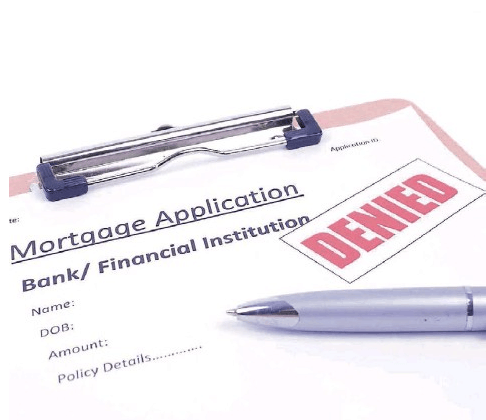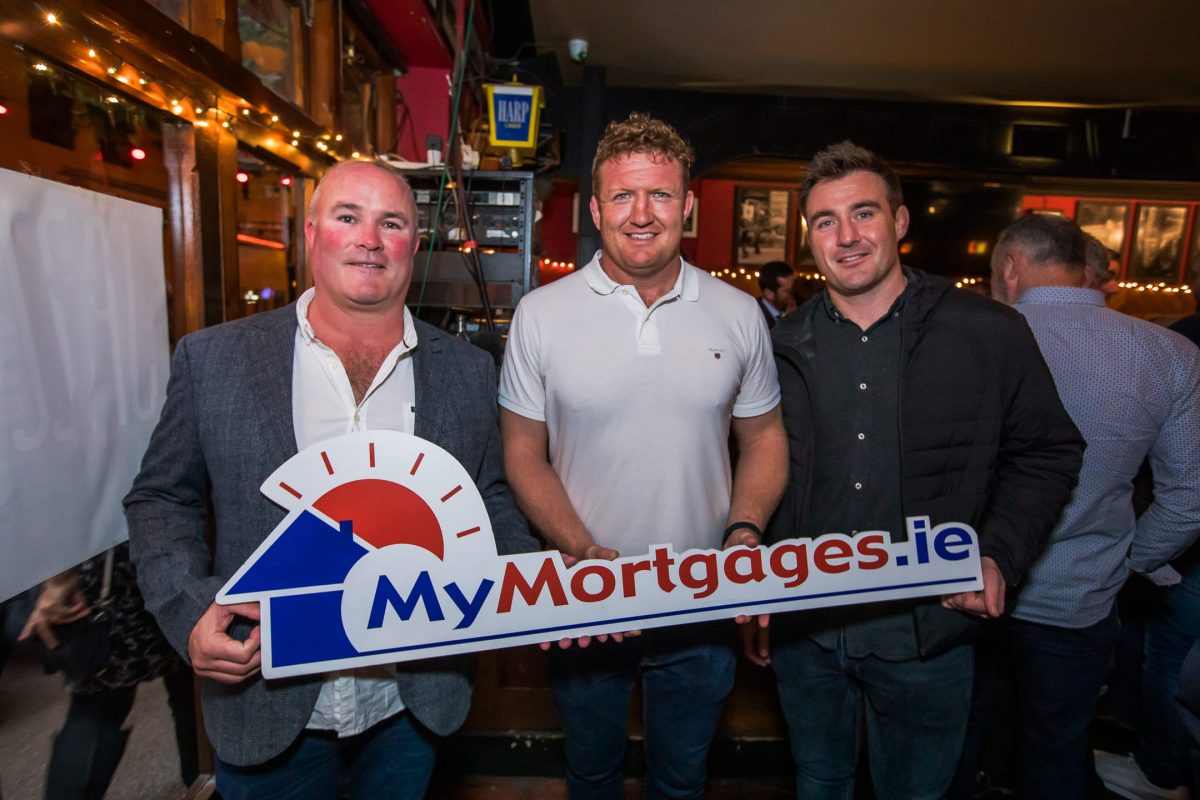John Hearne looks at some key exceptions to the rules on mortgages, notably around the borrowing cap of 3.5 times your annual income
If you are a first-time buyer who wishes to buy a new home worth €250,000, you can claim a tax refund of €12,500 (5% of the total value of the property). You do, however, have to look into a number of restrictions on the facility.
Following its annual review of the mortgage market, the Central Bank announced last week that it would make no changes to the current lending rules.
Governor Philip Lane said that existing measures “support sustainable mortgage lending in the wider housing market”, which in turn contributes to financial stability and protects borrowers from excessive debt levels.
He went on: “While the level of house prices and rents, particularly in urban areas, pose serious affordability concerns, a sustained and substantial expansion in housing supply is the fundamental solution: a fully functioning and sustainable housing market is not achieved by tolerating imprudent lending standards by banks or excessive borrowing by households.”
So what are these rules and how are they applied?
If you’re thinking about applying for a mortgage, the first thing you need to know about is the loan to income ratio. The rules restrict borrowers to 3.5 times their annual income. So, if you earn €50,000 a year, the maximum you can borrow is €175,000. If you’re part of a couple and your joint income comes to €100,000, you can borrow up to €350,000.
There are exceptions. Some 20% of first-time buyer mortgages can be above the 3.5 cap. Following a change made last year, 10% of second and subsequent mortgages can be above the same loan to income limit.
Then, of course, there’s the loan-to-value ratio. This relates to the percentage of the property’s value that you can borrow and therefore how much you have to pay up front as a deposit.
First-time buyers can borrow up to 90% of the value of the property, while second and subsequent mortgage holders can only borrow 80%, meaning that they must come up with a deposit of at least 20% of the house value.
So a first-time buyer wishing to buy a house worth €250,000 must produce a deposit of €25,000 and — subject to the loan to income limits — may borrow the remaining €225,000
Once again, there are exceptions to these rules: 5% of the lending to first-time buyers can be above the 90% loan to value limit, while 20% of lending to second and subsequent mortgage holders will be allowed above the 80% limit.
While the Central Bank is adamant that these rules have been crucial in preventing the credit-fuelled housing bubble that helped to wreck the economy during the Celtic Tiger years, not everyone is happy about the decision to maintain the status quo.
Rules working for buyers outside the major cities
Irish mortgage broker Joey Sheahan, of MyMortgages.ie, says that the rules appear to have worked as intended and while they might be challenging for prospective homeowners, they seem to be reasonable for firsttime buyers outside the major cities.
“However, the cash deposit required for a basic €300,000-plus property is simply too high for city dwellers who are struggling with high rents,” says Mr Sheahan. “On the back of this, we believe a case could definitely be made for citybased first-time buyers to be allowed avail of the 90% rule — regardless of the purchase price. The current dual levels between 80% and 90% are OK in rural areas, particularly where the land is gifted by a third party such as a parent.
“Homeowners who have outgrown their starter home, such as an apartment, or who are in negative equity are being unfairly subjected to the 80% rule, on the assumption that they have equity from their existing house to put toward the price of the property they’re trading up to. That hasn’t been the case for more than 10 years for many homeowners, even with the current house price rises. Those without sufficient equity to relapse a deposit from their existing home should also be able to avail of a 90% loan.”
There are further supports available, however. The Help to Buy Scheme, also known as the Help to Buy Incentive was established by the government early last year to help firsttime buyers to save enough to afford the deposit.
Under the scheme, firsttime buyers can claim a tax rebate of up to €20,000 for the purchase of a new build or self-build house or apartment. The maximum tax refund is the lower of either 5% of the value of the property, or €20,000.
In addition, the house cannot be valued at more than half a million euro.
Tax refund for first-time house buyers
So if you’re a first-time buyer who wishes to buy a new home worth €250,000, you can claim a tax refund of €12,500 (5% of the total value of the property). In order to claim, you must have paid at least as much in income tax or Deposit Interest Retention Tax (Dirt) in the previous four years. The scheme is currently due to run until the end of next year.
There are several other restrictions and conditions you need to know about. For people applying jointly for the scheme, you both need to be first-time buyers. If one applicant is not, you don’t qualify. Similarly, if either applicant has ever bought, built or even inherited a house with any other person, they are also disqualified.
The property has to be either newly-built or a selfbuild. Conversions and restorations don’t qualify. The one exception here is a conversion of a non-domestic building for residential use.
If you built or bought before the scheme began in January 2017, there may still be scope to apply. Anyone who bought or built after July 19, 2016, may still qualify, and qualifying properties bought in the final six months of 2016 can be valued at up to €600,000.
When it comes to determining the value of the house for the purposes of the scheme, Revenue simply uses your lender’s valuation.
The Help to Buy refund pays out in three different ways. If you bought between July 19, 2016, and January 3, 2017, you can apply for the grant and if approved, it will be paid directly to you.
If the purchase was completed after this date, the grant will be paid directly to the builder or developer as a credit against the purchase price or deposit. If you’ve built your own home and completed it since July 19, 2016, you can apply for the grant and once again, it will be paid directly to you.
The scheme is not open to investors or landlords.
Moreover, you must commit to using the property as your principal private residence for a period of five years. If you move on or sell up before this period is up, Revenue may opt to claw back the refund.
It’s also vital to ensure that your builder is registered as what Revenue term a ‘Qualifying Contractor’. They maintain a list, which is available on the Revenue site.
Finally, if you’ve been lucky enough to be able to buy the house for cash, don’t bother applying.
The purpose of the scheme is to help first-time buyers raise a deposit, so a mortgage is necessary, and it must exceed 70% of the value of the house.
For more details and to apply, check the Revenue website: www.revenue.ie. — Joey Sheahan, MyMortgages.ie
Source: Irish Examiner & Dec 2018
MyMortgages Limited trading as MyMortgages.ie is regulated by the Central Bank of Ireland.





